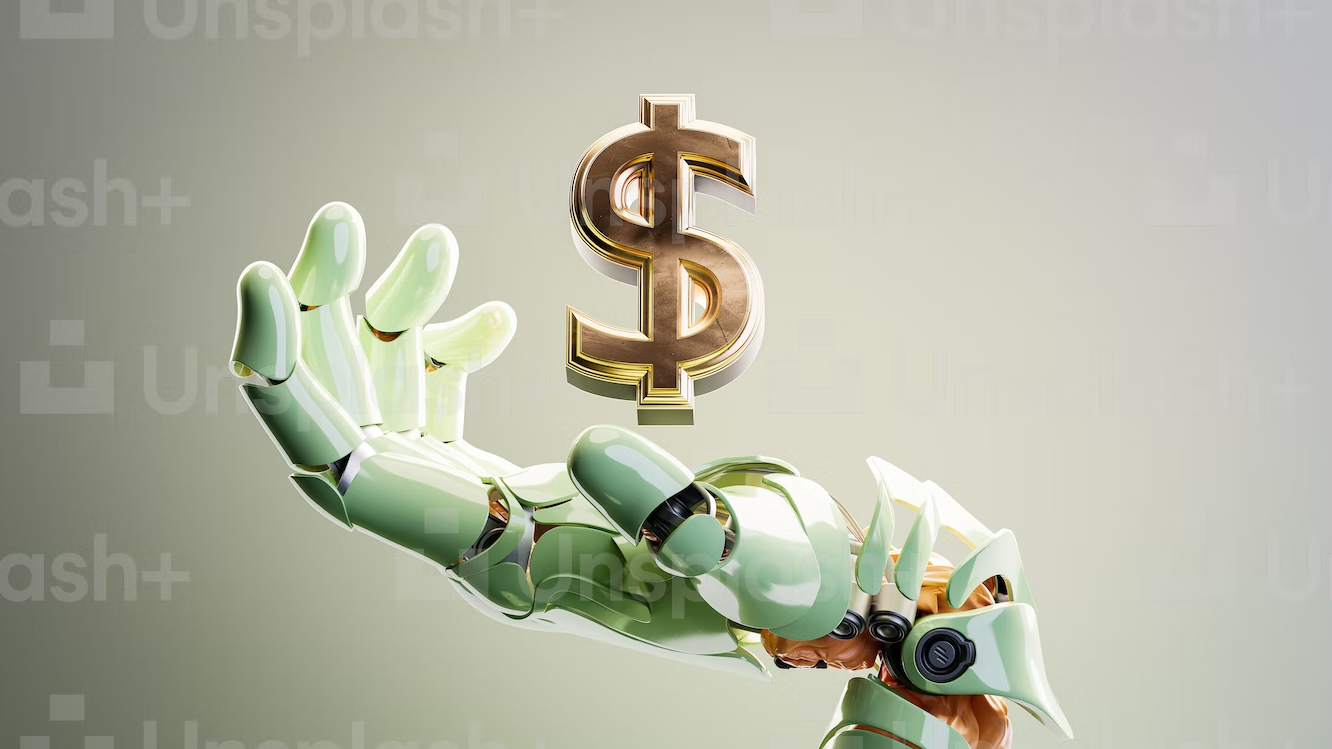
A Perspective on Meredith Broussard's _Artificial Unintelligence_
Opinions on the differences between humans and machines and how machines are not necessarily better at doing certain tasks than humans
Book Summary
Artificial Unintelligence describes the limitations of technology and the hype it gets as the solution to all the world’s problems. Broussard discusses how AI could implement algorithms in which results may be unethical, such as racial preference or a violation of privacy. She argues that humans and machines working together can make the greatest impact than just humans alone or machines alone.
What I Liked
Broussard’s theory of why mathematicians, computer scientists, and engineers are stereotyped as antisocial is intriguing to me. She reasons that because of their brilliance and ingenuity, others excuse them for their lack of social skills. This is probably why statistics involving people are viewed as numbers rather than real people who have challenges, families, and a life story of their own. A number-hungry mindset may be looked down upon by most people, but it seems like the consequences for such a perspective are not viewed the same way as racial or gender discrimination. In the past, I have thought a lot about how cool it would be to find an algorithm or a method for people to get along with each other, whether it be two people or nations of people. However, I think one thing that humans can do that machines cannot do easily is to have a sense of empathy and a judgment of what is moral or not. Empathy and understanding are essential for people to come closer together. I hope that society can help people realize that statistics can be comprised of human beings like you and me.
What I Did Not Like
I would not say that I did not like this book, but one thing that I could see that people may not like about this book is how “simple” Broussard explains technical concepts, which may be boring for technical audiences. For example, she elaborates how a computer runs and works. I think this is great for a non-technical audience, and I would probably be included in that audience. As a statistics student, I do not feel like I have a basic concept of how a computer works or its parts. I am not sure if computer science classes assume that people know how a computer works, but I am thankful for Broussard’s details. She definitely tried to appeal to a non-technical audience.

Review Summary
In summary, Artificial Unintelligence is a book that argues that while technology is an amazing resource in our society, we should not view it as something that can solve all the world’s problems. Broussard is also a data journalist, one who uses data analysis to tell a story. I feel that she is able to write to a non-technical audience because many journalists do not have a heavy computer science or statistics background. She has knowledge of how to write to an audience that may not be completely educated in a certain field. I think she has some amazing insights that made me think about technology in a new way. Just like with anything else in life, moderation is key. Things that should be used for good can also be used for bad. Broussard’s book could be read by any audience, and I would recommend it to anyone. For a non-technical audience, she is able to describe some technical concepts simply and also relate to those people through topics like ethics. For a technical audience, she is able to provoke thought in the ways that humans and machines can work together for the best of society. What do you think about how machines should contribute to society?
Rating
4.5/5 stars